
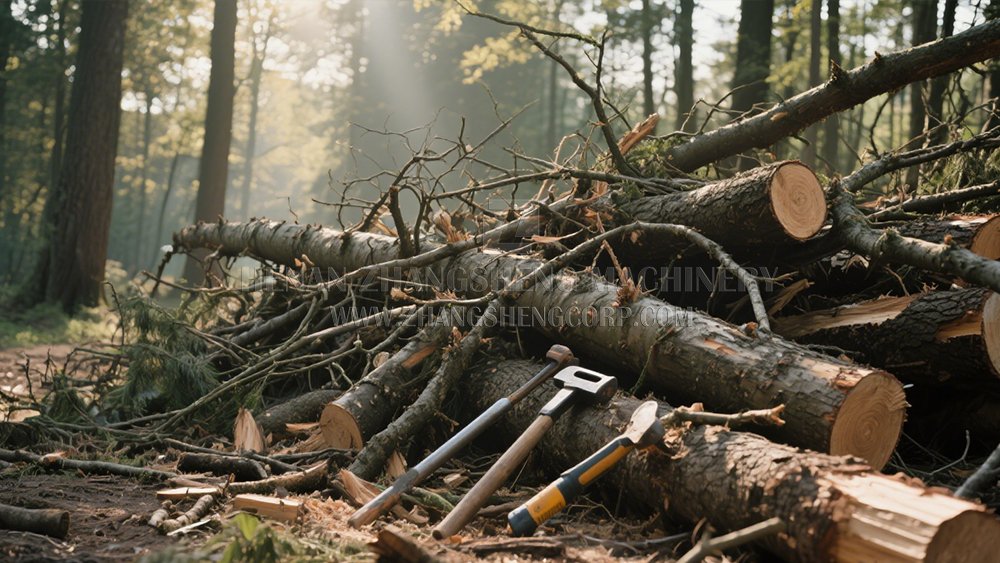
Yes, you can put wet branches in an industrial wood chipper, but it requires adherence to best practices to prevent clogs and ensure efficient operation. Proper preparation and maintenance are key.
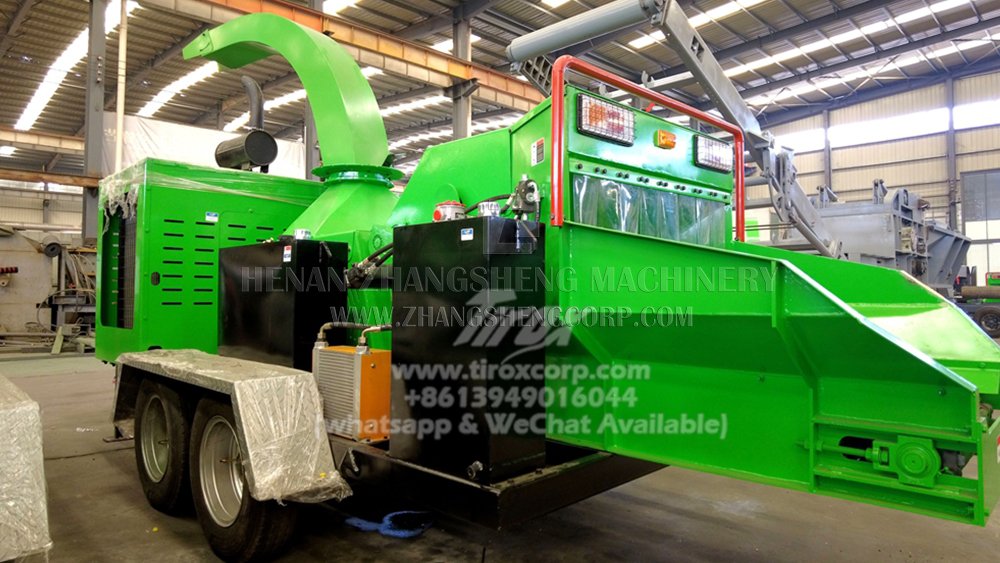
Have you ever looked at a pile of old clothes and wondered if your powerful wood chipper could be a quick solution? It might seem like an easy way to get rid of fabric scraps, but this idea can lead to serious problems for your machine .No, you should not shred clothing or fabric in a standard wood
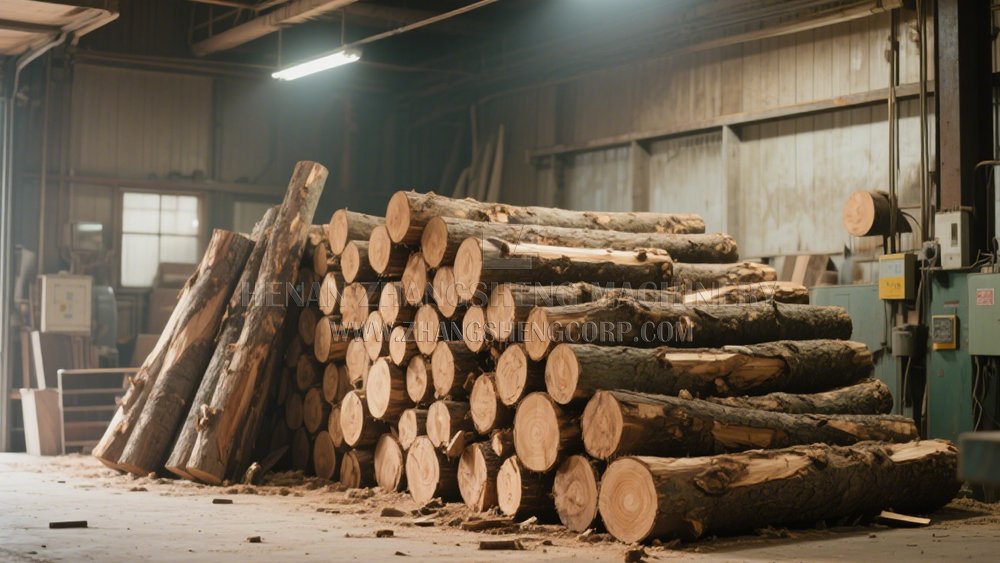
To choose the right wood chipper, I recommend starting by analyzing the type of raw materials you'll process, considering their size and hardness, determining your desired chip output and processing capacity, and evaluating how often you will use the chipper to match it with the appropriate feed size and power source.

Wood chippers can handle a wide range of log sizes, with smaller models typically processing branches up to 12-15 cm in diameter and industrial-grade chippers, like horizontal grinders, capable of processing logs and branches up to 150 cm (50 cm for standard wood chippers) in diameter

While there isn't one universally designated "largest" wood chipper, industrial-grade horizontal grinders from manufacturers like Zhangsheng can process very large volumes of diverse wood materials, including logs up to 50 cm in diameter, making them among the biggest and most powerful available for serious work globally .
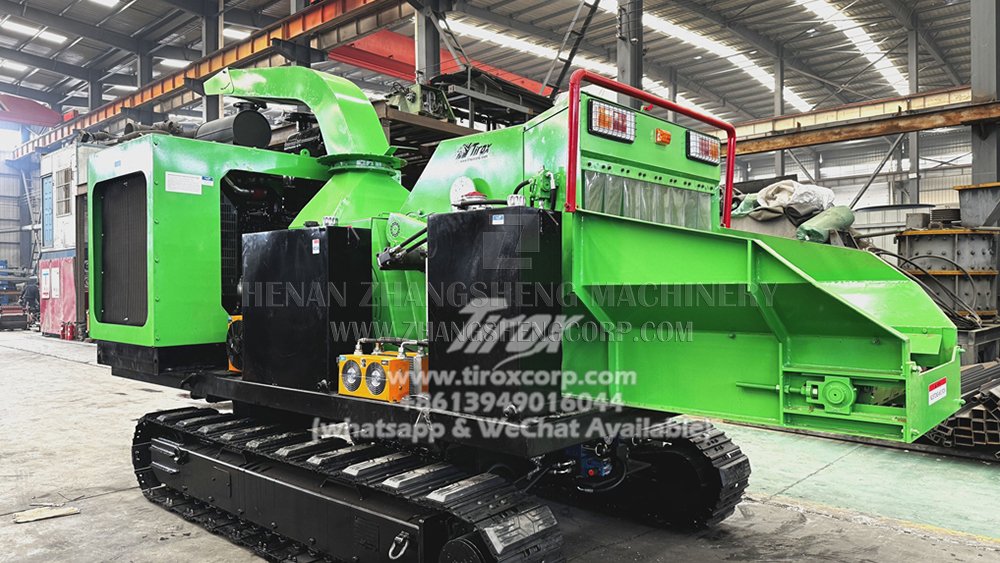
Neither a chipper nor a shredder is inherently "better" than the other; their superiority depends entirely on the type of material you primarily need to process. A wood chipper is better for solid, woody materials like branches and limbs, while a shredder is better for softer, leafy, and more varied organic waste
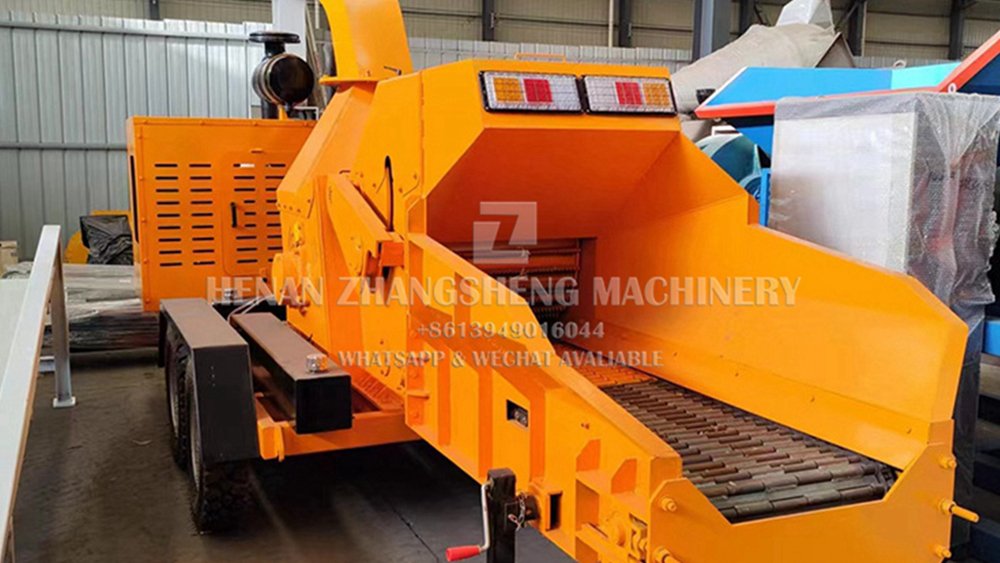
Whether buying a wood chipper is worth it depends heavily on the volume of wood waste you regularly generate, the size of your property, and how frequently you would use it. For those with a consistent, high volume of wood to process, a chipper is an invaluable tool that can lead to significant long-term savings and efficiency gains.
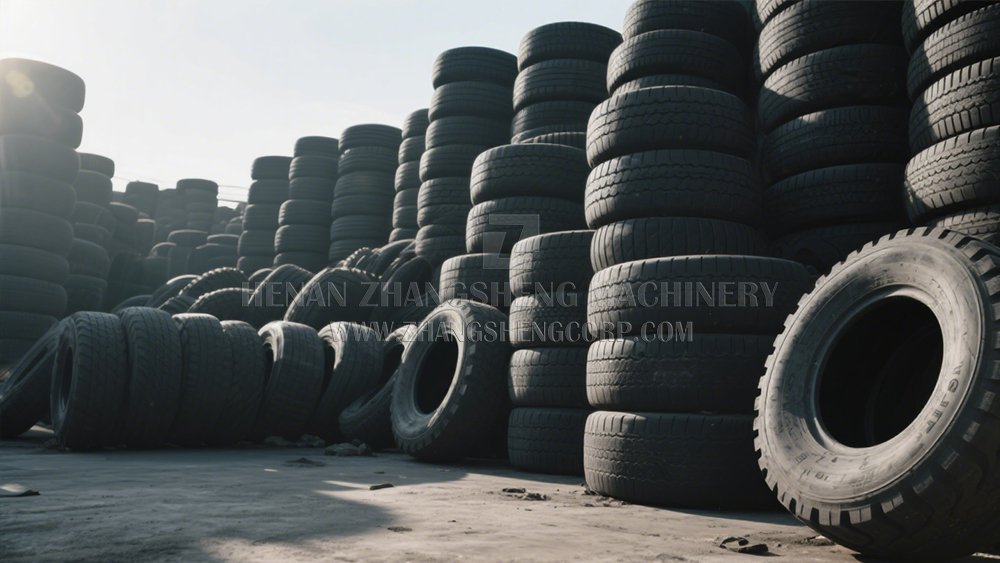
No, you cannot shred rubber tires in a wood chipper for a horse arena. Wood chippers are specifically designed to process organic, fibrous materials like wood and branches, not dense, elastic, and abrasive materials like rubber tires.
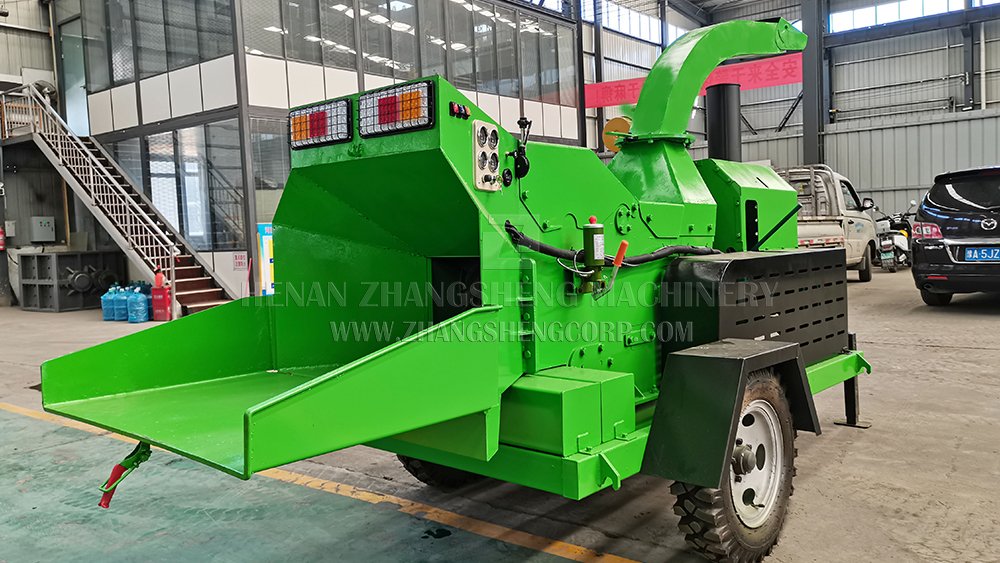
To maintain a wood chipper effectively, you must perform daily checks, regularly inspect and sharpen or replace blades, service the engine according to manufacturer guidelines, keep it clean, and lubricate moving parts. This routine care ensures optimal performance, extends the machine's lifespan, and helps prevent unexpected breakdowns during operation.
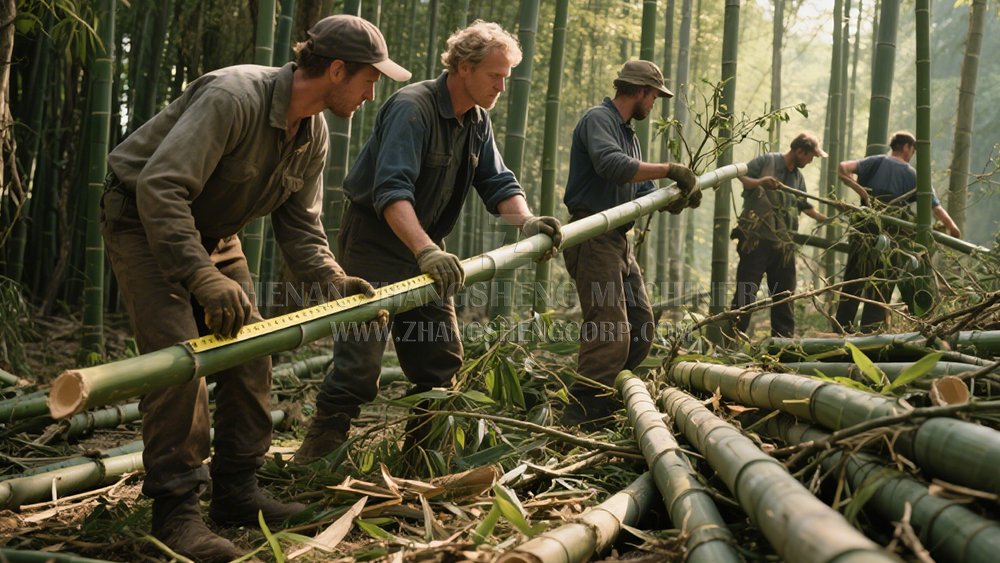
Yes, a wood chipper can shred bamboo, but its effectiveness highly depends on the chipper's design, power, and the specific characteristics of the bamboo being processed. Modern chippers, especially those with robust feeding systems, are more capable of handling bamboo than older or less powerful models.